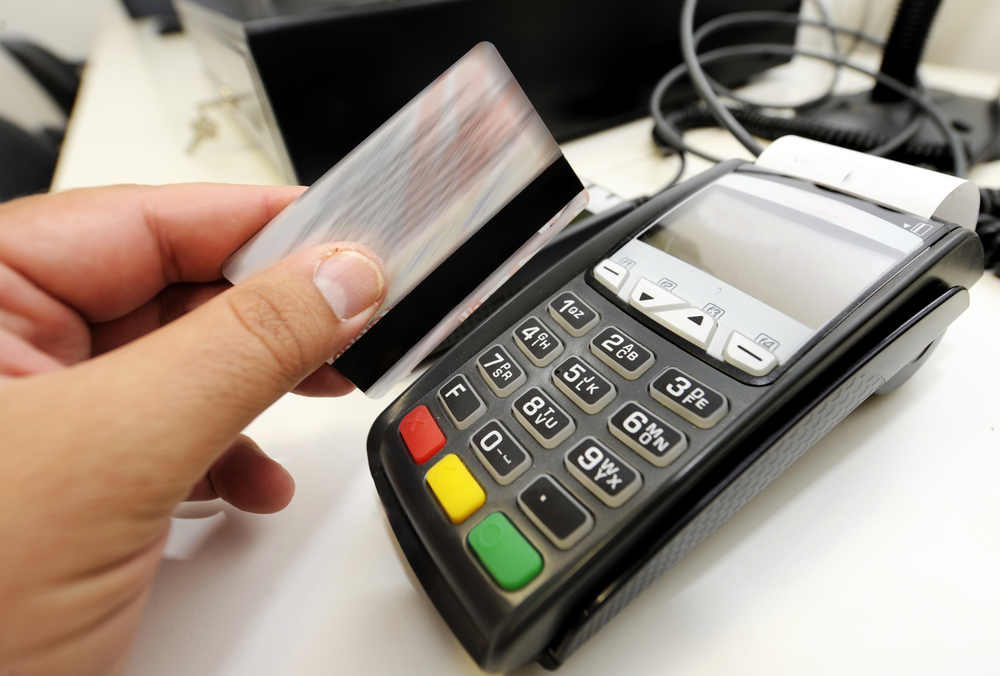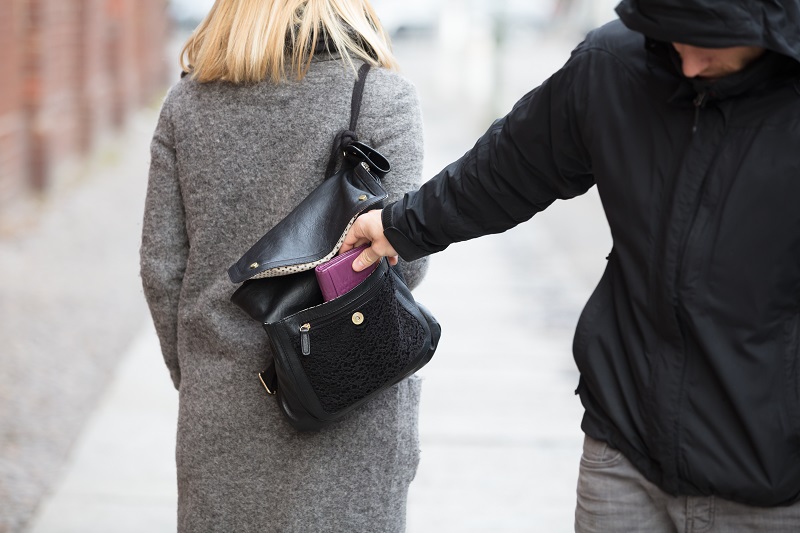When it comes to shopping at retailers that have suffered a databreach, 75% of Americans say they would be more skeptical aboutshopping there during the holidays according to a new survey from Generali Global Assistance(GGA).
|While 91% of Americans expect to engage in some form of holidayshopping, the majority don't believe that retailers can adequatelyprotect their personal information.
|The study found that 40% of consumers don't think businesses aredoing everything possible to protect their data. Of the consumersexpected to shop during the holidays, 75% are either somewhat orvery concerned about a data breach impacting their information.
|Related: Target agrees to pay $18.5 million to enddata-breach probes
|
Shoppers are very concerned about protecting theiridentities and credit cards during the holiday season. (Photo:Shutterstock)
|Risky business
Where consumers shop affects where they perceive the greatestrisks to be. More than half of the shoppers (57%) believe thatonline merchants will have a greater risk of identity theft thantraditional brick and mortar retailers, where only 22% of consumersthink their data is in danger of being stolen.
|Related: Cyber thieves target personal data duringholidays
|These figures are even higher than the risks shoppers think theyface from being pickpocketed or robbed (11%), while 10% areconcerned about having their car broken into while shopping. Mostinteresting is that 84% of Americans said that a previous databreach for a retailer would impact their willingness to shop atthat establishment.
|"Consumers are clearly more concerned than ever about identitytheft and related issues as we enter the 2017 holiday season," saidPaige Schaffer, president and COO of Generali Global Assistance'sIdentity and Digital Protection Services Global Unit. "With databreaches at major organizations occurring so frequently andimpacting literally millions of people in the U.S. alone, consumerconfidence in the ability of businesses to protect their data hasbeen shaken."
|Despite these concerns, they still won't be enough to detershoppers from spending money. Credit cards will continue to be themost used form of payment, followed by cash and debit cards. Someconsumers still use checks and a small group will utilize mobilepayment apps.
||
Despite concerns about keeping their financial informationsafe, 91% of consumers expect to engage in holiday shopping thisyear. (Photo: Shutterstock)
|Spending capital
Since approximately 75% of shoppers anticipate doing theirholiday shopping online, it will be important that vendors andshoppers protect their personally identifiable information andcredit cards while they are shopping.
|"The holiday season is the busiest shopping time of the year,and all this spending results in increased vulnerabilities forhackers and other nefarious parties to exploit," explainedSchaffer. "The increased use of credit cards, greater smartphoneusage and even crowded malls can all pose identity theft risksduring the holidays. Fortunately, there are steps that consumerscan take to protect themselves in order to enjoy a worry-free andfestive season."
|Related: 5 most common types of holidaytheft
|Consumers are using their cell phones to make purchases onlineand while they are out shopping in traditional brick and mortarstores. "Regardless of where they are being used, consumers shouldlimit the use of unsecured, public Wi-Fi networks," cautionedSchaffer. "While using such networks may be tempting because of theconvenience they provide, unsecured connections may create openingsfor hackers to steal your personal information."
|Some malicious parties will set up unsecured networks in publicareas, hoping that unsuspecting consumers will fall prey to theirschemes. "If you must use a public network, it is essential tonever access your financial account or any other sites that requirea password," added Schaffer.
|When shopping online, consumers should make sure to look for thesecurity certification logos on websites. They should also checkthe URL address to make sure it begins with "https" instead of"http" since the "s" indicates the site is secure. Using a singlecredit card for online purchases and a separate one for brick andmortar stores can make it easier to monitor the cards forunauthorized purchases.
| 
Shoppers need to be aware of who might be after their creditcard information whether they're shopping online or in atraditional store. (Photo: Shutterstock)
|Keeping your data safe
Online isn't the only place where shoppers are at risk."Throughout the holidays, many consumers will find themselves incrowded locations – malls, parties, airports and the like. Crowdedareas are ideal for pickpockets, as all the hustle and bustle canleave even the shrewdest individuals unaware," said Schaffer. Shecautioned shoppers to keep their wallets, passports, smart phonesand other sensitive items secure in their bags or pockets and onlytake them out when needed. "It is also important to remainespecially vigilant and alert when you find yourself in a crowd,particularly when traveling."
|Places like ATMs and gas pumps can be easy targets forfraudsters who utilize credit card skimmers to capture sensitiveinformation. Make sure to hide your personal identification numberwhen inputting it into a machine. Consumers should also be awarethat credit cards offer more fraud protection than debit cards doif the account number is stolen.
|Other practical solutions to keep information safe includeenabling fraud alerts from financial institutions to help trackunusual activity; monitoring statements for unauthorized purchasesor activity on accounts; keeping documents and valuables safe whentraveling; keeping phones password-protected and changing passwordson accounts regularly.
|There are no shortage of opportunities for hackers and otherfraudsters to gain access to personal and financial informationthroughout the year, but the holidays seem to magnify them becauseof the increases in shopping, entertaining and travel. Take time toimplement some practical safety steps to keep fraudsters fromstealing your holiday joy.
|Related: 4 ways to avoid giving your data to cyber thievesthis holiday season
Want to continue reading?
Become a Free PropertyCasualty360 Digital Reader
Your access to unlimited PropertyCasualty360 content isn’t changing.
Once you are an ALM digital member, you’ll receive:
- All PropertyCasualty360.com news coverage, best practices, and in-depth analysis.
- Educational webcasts, resources from industry leaders, and informative newsletters.
- Other award-winning websites including BenefitsPRO.com and ThinkAdvisor.com.
Already have an account? Sign In


